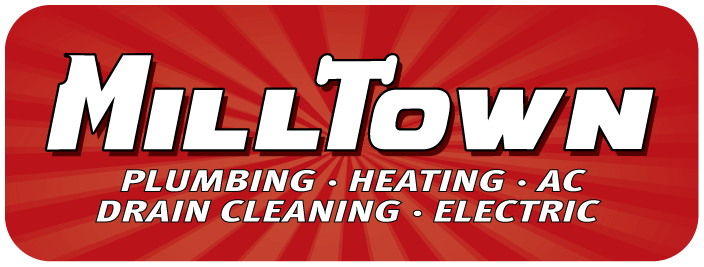Winter Plumbing: What You Should Know!
- Uncategorized

Winter plumbing issues are on a continuous rise as winter quickly arrives. Fall is here and with winter on its way, it’s time to prepare your plumbing for the freezing weather. Houses that aren’t properly insulated pose a risk to the plumbing inside, and if the pipes are exposed to enough frigid temperatures, they freeze. One of the worst things that can happen in your home is dealing with frozen plumbing in the dead of winter. Frozen busted pipes can result in costly water damages, which is why it’s important to properly winterize your plumbing before the first snow falls.
What You Should Watch Out For
Preventing frozen plumbing means knowing the warning signs of a frozen pipe and how you can prevent them. If your pipes are frozen, it may be tempting to try and defrost the plumbing yourself, but fixing the issue is best left to a licensed plumber. Your plumbing is complicated, and it can be dangerous to work with without the right tools and training. The faster you treat frozen plumbing, the better, as the built-up pressure inside can burst your pipes over time. To avoid a plumbing catastrophe, here are a few warning signs to watch for.
- Frost on pipes. Inspect any exposed and visible pipes inside your home, such as under your sink. If you notice any frost accumulating outside the pipes, that can be a sign that the plumbing is frozen.
- No running water. Frozen pipes block any running water from coming out of your faucet. If you notice little to no water dripping out of a faucet, it means you have a frozen pipe somewhere leading up to that faucet.
- Foul smells. If you smell something foul, perhaps something septic, the problem could be a frozen pipe. Pipes that partially or completely clogged, give any foul odors no place to go but back up.
- Strange sounds. If your pipes are frozen, that means there is air that can’t escape the sewer line, and the result is a bubbling sound anytime you flush the toilet or use the sink. Whistling, banging, and clanking sounds are also noises to listen for, as they can indicate a damaged pipe.
Winter Plumbing Preparation
Besides knowing when it’s time to contact the plumber, the best way to protect your plumbing is with proper preparation. Winter, and the frigid temperatures that come with it are inevitable, but that doesn’t mean you or your plumbing have to suffer this winter season. To spare yourself the costly repairs of a few busted pipes, here’s what you can do to prevent your plumbing from freezing.
- Insulate your pipes. Insulation is the best type of protection between your plumbing and the freezing temperatures, which is why it’s important to add a layer of insulation to your plumbing if you haven’t already. Using some foam pipe insulation, which can be found at any local hardware store, make sure you seal any gaps.
- Insulate your house. To protect your plumbing, it’s important that your house is properly insulated as well, which means sealing any air leaks. Check the insulation inside your home, and replace any damaged insulation. Attics and basements should be checked for any air leaks from doors, windows, and vents.
- Let your faucets drip. If it’s below freezing outside, let your faucets run a low and steady drip. Letting your faucets drip eliminates pressure that can build up between the faucet and an ice blockage. A constant small running stream of water inside your pipes can not only prevent some freezing, but a burst pipe in case the water does freeze.
- Don’t neglect your hose bibs. It’s easy to do, but don’t forget the plumbing outside your house. Garden hoses should put away, and the hose bibs, drained and properly insulated. Hose bibs that are left exposed to the frigid temperatures, can cause some serious damage to the valves leading up to them.
- Leave open your pantry and cabinet doors. Keeping your home well-heated helps to prevent frozen plumbing, but proper heating requires proper circulation. Leaving all the pantry, cabinet, and otherwise closed doors open allows the heat to fully circulate throughout your house.
Don’t Wait Until the Pipes Burst
Malfunctioning plumbing is a pain, and a busted frozen pipe can lead to costly repairs and devastating flood damage. That’s why it’s important to winterize your plumbing before a plumbing catastrophe can happen. Your warmth and comfort should never be at stake when it comes to your plumbing. Luckily with some preparation, you can stay warm and enjoy your plumbing without the damages. Call us today, and let them answer any winter plumbing concern for you.
Call Milltown today for more information on winter plumbing concerns!











